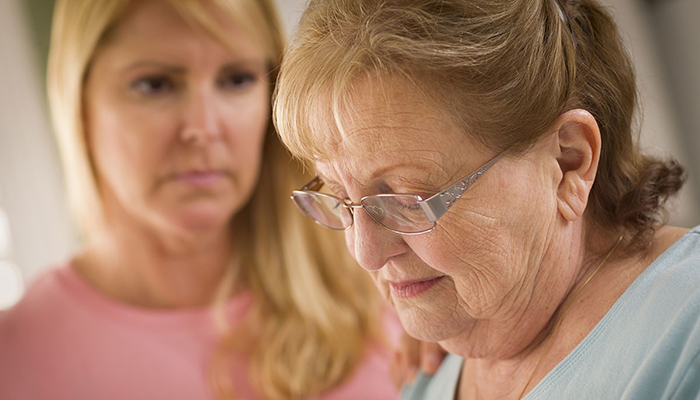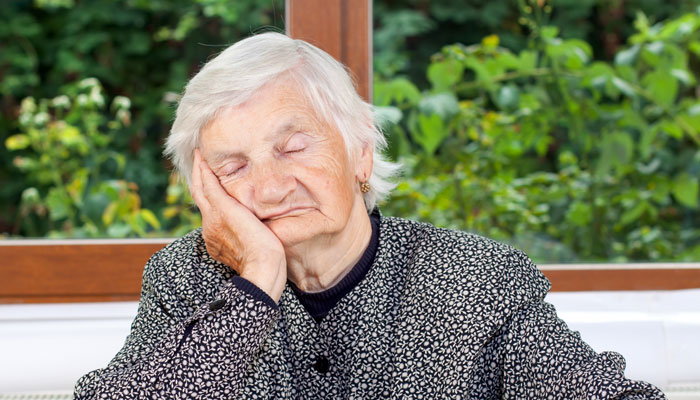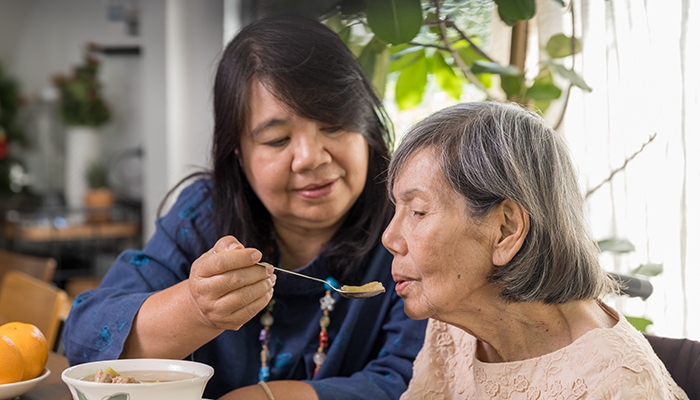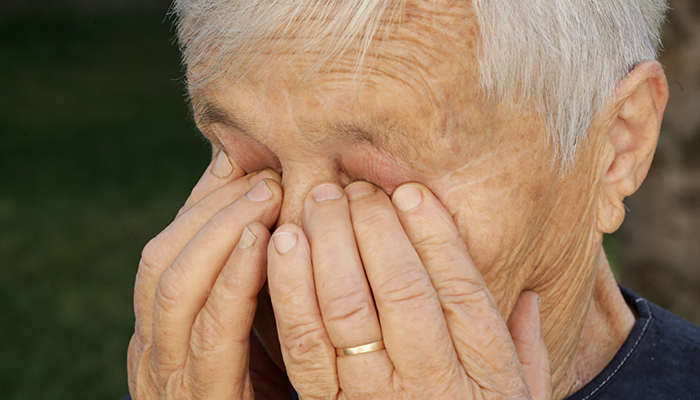Perhaps your loved one has just gotten out of the hospital and needs some meals for a few weeks while recuperating. Or maybe Mom has dementia and it’s become too much for Dad to have to cook on top of caring for her.
Meals on Wheels America serves communities most everywhere in the country, but there are requirements for eligibility. And the choices are limited to what is being served that day.
If you decide to look into private meal services, consider the following:
- Special diets. If your loved one requires it, can the service accommodate low-sodium, diabetic, or other special diets?
- Frozen or fresh. If frozen, is there room in your loved one’s freezer for the minimum order? If fresh, what is the shelf life?
- Preparation. Are heating instructions within your relative’s capabilities?
- Payment. Most services are private pay, but some may participate in a Medicaid waiver program.Or does your loved one’s insurance cover meals for special diets?
- Shipping fee. What is the shipping or delivery charge? Flat rate or per meal? Shipping is expensive, thus larger orders are more efficient.
- Minimum orders. Some services require bulk orders of five, ten, fifteen, or twenty meals at a time.
- Weight of the package. Large orders may be difficult for your relative to lift and carry into the house.
- Scheduling. Can you determine delivery days and times, or do they have a fixed schedule? What if your loved one is out when the meals arrive?
If you are looking for a long-term solution, it is wise to try a few services. Perhaps order for yourself first to get a sense of the process and the quality of the food from each vendor. Also, look for discounts. Many regularly offer coupons for 10%–20% off. They add up!
Are you worried about meals?
Food is so basic to health and giving/receiving love. As the San Francisco experts in family caregiving, we at Compassionate Community Care understand how distressing it can be when you are worried about a loved one’s nutrition. Let us help. Give us a call at (415) 921-5038. You don’t have to do this alone.










